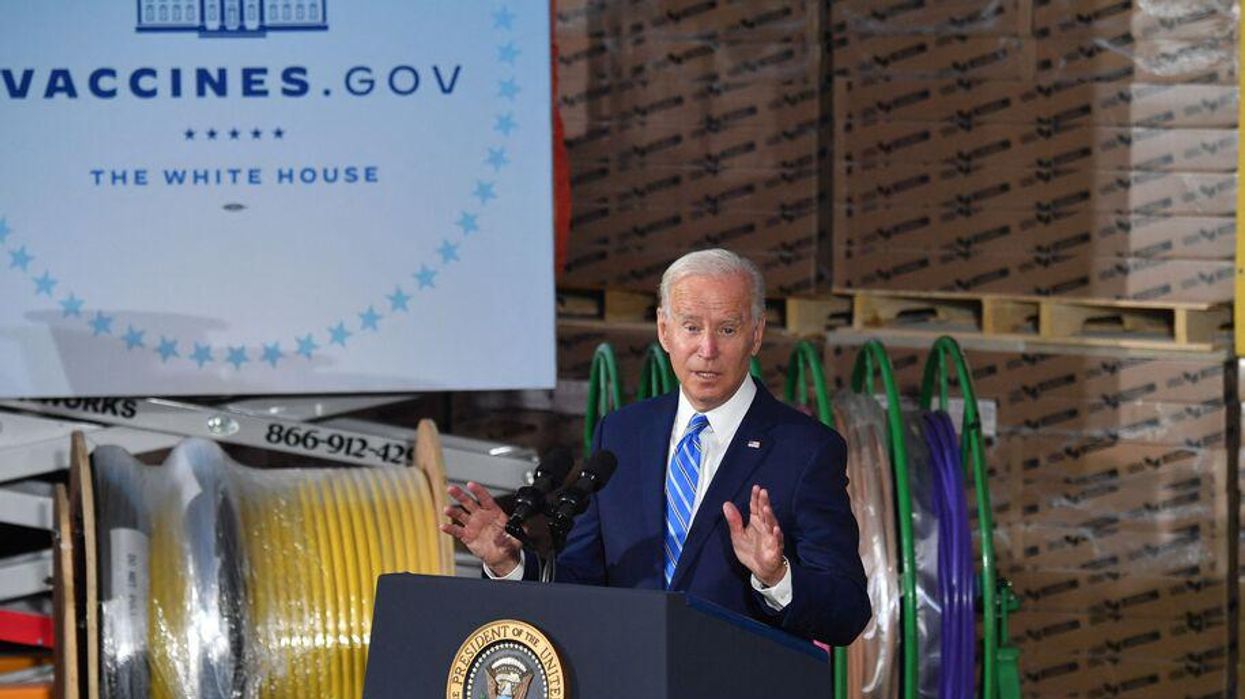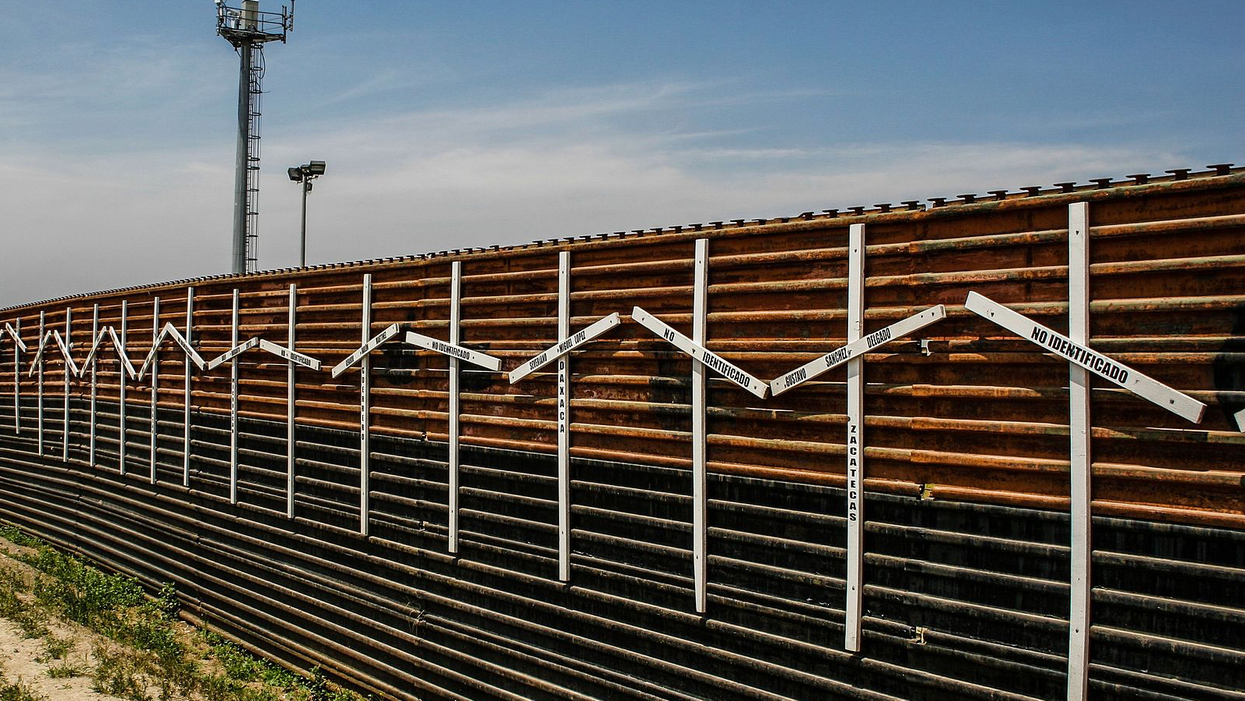American Manufacturers Debunk Fox News Defense Of Trump Tariffs
April 18, 2025
As President Donald Trump’s chaotic tariff policy begins to divide his right-wing media supporters and prompt them to search out scapegoats and distractions, Fox personalities have clung to messaging that the tariffs will ultimately lead to a renaissance in American manufacturing.
However, multiple surveys of manufacturers in recent months show that Trump’s tariffs are making their operations more difficult and expensive. Additionally, experts have said the expectation that the tariffs will lead to substantially higher domestic manufacturing is unrealistic, and may lead to a further decline in manufacturing employment.
Fox claims Trump’s tariffs will help grow American manufacturing
- Fox host Jesse Watters: “Tariffs can unwind years of bad deals. Americans want to reindustrialize.” Watters also dismissed former Treasury Secretary Janet Yellen saying that the goal of tariffs bringing American manufacturing back is “a pipe dream.” [Fox News, Jesse Watters Primetime, 4/14/25]
- Fox host Laura Ingraham on skepticism that Trump’s tariffs will reignite U.S. manufacturing: “Simplistic does not begin to describe this level of analysis.” [Fox News, The Ingraham Angle, 4/14/25]
- Fox Business host Elizabeth MacDonald on media skepticism that tariffs will help U.S. manufacturing: “The liberal media making it clear they are not focused on why it is necessary to bring back American manufacturing jobs.” [Fox Business, The Evening Edit, 4/14/25]
- Fox host Rachel Campos-Duffy claimed that “the working class are going to benefit from both” Trump’s border security and tariff policies, which will be “bringing the manufacturing here.” She explained, “The tariffs are about cheap labor overseas, and the open border was about cheap labor coming here domestically. … Closing the border means wages that were — the illegals who were coming over were competing for the lower end jobs with Americans. That's going to raise the wage and so is bringing the manufacturing here.” A chyron during the segment read “Trump rolls out sweeping tariffs to protect U.S.” [Fox News, Fox & Friends Weekend, 4/5/25]
- In the same segment, Fox News correspondent Griff Jenkins argued, “The purpose of these tariffs is to realign the global trade that has been so unfair and imbalanced … while bringing American manufacturing jobs — thousands, tens of thousands of them — back to the U.S.” [Fox News, Fox & Friends Weekend, 4/5/25]
- Fox Business host Larry Kudlow argued the tariffs plan “makes a lot of sense” because they may lead to more factories built in America, “particularly if we get these tax cuts through as rapidly as possible.” Kudlow claimed, “The United States has been on the short end of the stick — tariffs, nontariff barriers, currency depreciation, you name it.” He added, “Mr. Trump is placing significant tariffs, baseline tariffs, and reciprocal tariffs on nations who are most offensive to us, and if you make their goods more expensive at home, then hopefully Americans will buy America, produce America, build factories in America. That's the plan.” [Fox Business, Kudlow, 4/2/25]
- MacDonald claimed Trump “is trying to bring back American manufacturing, reignite a manufacturing golden age, ending a disastrous post-Cold War era.” MacDonald added: “History shows [in] President Trump's first term, higher tariffs did not trigger inflation. The stock market boomed due to his pro-growth strategies.” [Fox Business, The Evening Edit, 4/2/25]
Multiple surveys show Trump’s tariffs make manufacturing more difficult and expensive
- The first-quarter 2025 National Association of Manufacturers outlook survey “reveals growing concerns over trade uncertainties and increased raw material costs.” According to the survey, “Trade uncertainties surged to the top of manufacturers’ challenges, cited by 76.2% of respondents, jumping 20 percentage points from Q4 2024 and 40 percentage points from Q3 of last year. Increased raw material costs came in second, cited by 62.3% of respondents.” [National Association of Manufacturers, 3/6/25]
- The Hill: “Makers of chemical products, electronics, metals, machinery, foods and transportation equipment all expressed concerns about tariffs” in an April 1 Institute for Supply Management survey. The Hill quoted multiple manufacturers complaining about how tariffs are negatively impacting their businesses. [The Hill, 4/1/25]
- The Federal Reserve Bank of Dallas’ February Texas Manufacturing Outlook Survey showed multiple complaints from manufacturers about tariffs. One business replied that “tariff threats and uncertainty are extremely disruptive.” Another explained that it has “lost business opportunities for production of goods that goes to other countries as a result of tariffs.” A third company cited tariff changes to announce its likely closure. Many other businesses expressed concerns about Trump’s tariffs as well. [Federal Reserve Bank of Dallas, 2/24/25]
- The Federal Reserve Bank of Kansas City’s March manufacturing survey also featured multiple complaints from manufacturers about tariffs. One manufacturer was quoted as saying: “The uncertainty of the tariffs is having a direct impact on our business as well as the overall economy. We will be raising prices significantly for our imported products.” Another one stated: “Tariffs may cause problems with the ability for suppliers to deliver product at competitive prices.” [Federal Reserve Bank of Kansas City, 3/27/25]
- The OECD manufacturing Business Tendency Survey showed a steep drop in confidence indicators for the U.S. since January. [Federal Reserve Economic Data, 4/15/25]
- A new CNBC survey of manufacturers revealed that “Trump tariffs won’t lead supply chains back to” the U.S. CNBC wrote in a report on its new Supply Chain Survey that “the Trump administration says a reshoring boom is coming, but most companies that responded to the survey told CNBC that bringing back supply chains could as much as double their costs and that instead a search for low-tariff regimes around the world will commence.” According to the survey, “consumer demand, raw material prices, and the ‘current administration’s inability to provide a consistent strategy’ were cited as key supply chain concerns, in addition to the tariffs.” [CNBC, 4/14/25]
Experts explain why Trump’s tariffs won’t lead to a manufacturing renaissance
- Cato Institute’s Scott Lincicome: “The Philadelphia Fed's latest (April 2025) survey of regional manufacturers shows that their plans for future capital expenditures have fallen off a cliff since January. Gee, I wonder what happened.” [Twitter/X, 4/17/25]
- Bloomberg’s Joe Weisenthal: “Dismal expectations for the economy in the NY Fed's survey of regional manufacturers. Basically every line -- new orders, employment etc. -- is going down, with the exception of prices (received, and paid) which are going up.” Weisenthal quoted from the survey’s summary in another post: “Firms expect conditions to worsen in the months ahead, a level of pessimism that has only occurred a handful of times in the history of the survey.” [Twitter/X, 4/15/25, 4/15/25]
- Former Federal Reserve chair and Biden Treasury Secretary Janet Yellen: “I don’t understand the rationale for the tariffs. … Perhaps it’s to bring back American manufacturing, but I really think that’s a pipe dream and not something that is likely to be accomplished.” Yellen said, “To me, President Trump is taking a sledgehammer — not only is he pounding our allies with this, but he’s pounding the U.S. economy with this sledgehammer.” [CNBC, 4/14/25]
- University of Michigan economist Justin Wolfers: “Trump's tariffs made it hard for American manufacturing firms to import critical minerals, so China responded by making it harder.” [Twitter/X, 4/14/25]
- Wolfers on the April 1 ISM survey: “The manufacturing sector isn't responding well to the tariffs designed to help the manufacturing sector.” [Twitter/X, 4/1/25]
- Former Labor Department chief economist Betsey Stevenson: “Manufacturing jobs for people are going away due to technology. You can't try to save that industry through tariffs.” [Twitter/X, 4/4/25]
- American Enterprise Institute Director of Economic Policy Studies Michael Strain wrote, “The president is wrong: His tariffs will not lead to a manufacturing renaissance.” [Twitter/X, 4/4/25]
- Strain: “These tariffs will reduce manufacturing employment.” Strain added, “They will reduce the competitiveness of manufacturing firms. They will raise prices. They will increase unemployment. They will likely cause a recession.” [Twitter/X, 4/8/25]
Reprinted with permission from Media Matters.












